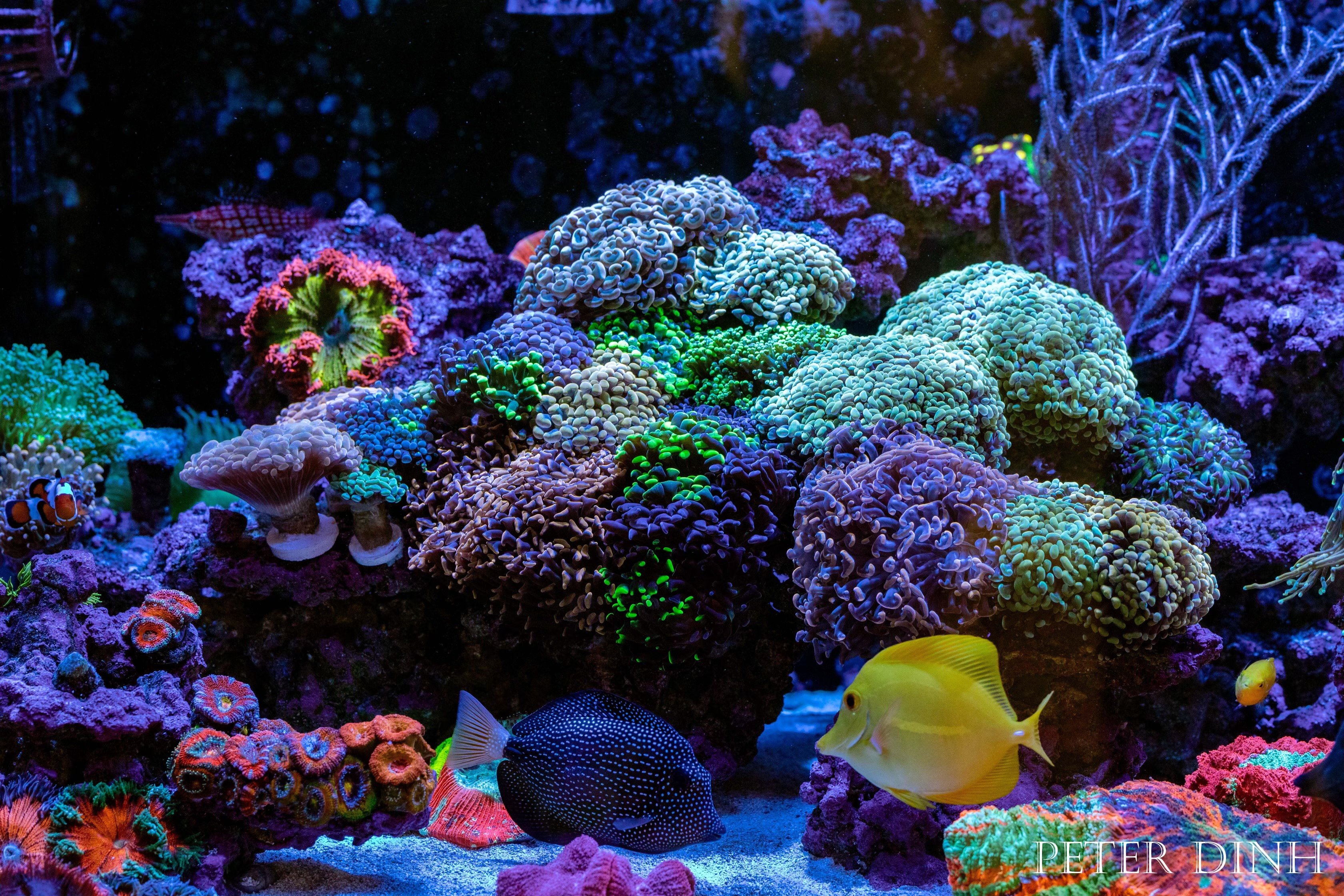Extreme Corals News and Updates
10 Common Mistakes Beginners Make in the Reef-Keeping Hobby
Reef Keeping: Avoide these common 10 mistakes for a thriving underwater oasis
Learn how to avoid common mistakes in reef-keeping to build keep your reef tank to it's highest potential.
by scott Shiles • October 13, 2023
All Corals, Reef Tank Equipment, Reef Tank Maintenance
The world of reef-keeping is a mesmerizing and rewarding one, where aquarists can create miniature ecosystems that mirror the vibrant beauty of the ocean. However, like any hobby, it comes with its fair share of challenges. For beginners, these challenges can be daunting, but they are certainly manageable. In this article, we will explore the ten most common mistakes that newcomers to the reef-keeping hobby often make and offer insights on how to avoid them.
Insufficient Research
One of the most fundamental mistakes new reef-keepers make is jumping into the hobby without conducting adequate research. Reef-keeping involves a delicate balance of water chemistry, light, and the needs of various species of coral and fish. To succeed, you must thoroughly understand the specific requirements of your chosen inhabitants and the overall ecosystem. Before you start setting up your reef, invest time in reading books, joining online forums, and consulting experienced hobbyists. We also provide a Coral Care page on our website!
Poor Tank Setup
Inadequate tank setup is a grave mistake that can undermine the success of your reef. Common issues include using the wrong size tank, inadequate filtration, and poor water circulation. Inexperienced aquarists may be tempted to buy smaller tanks due to budget constraints or space limitations, but smaller tanks often suffer from rapid parameter swings and limited space for inhabitants. Proper filtration, adequate lighting, and a reliable water circulation system are essential for maintaining a stable environment for your reef. Check out our blog on Large vs Small reef tanks
Neglecting Water Chemistry
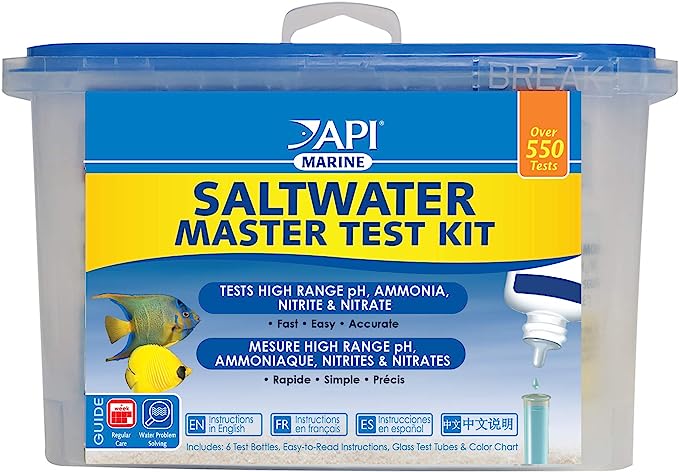
Water chemistry is the backbone of a successful reef tank. Novices often overlook the importance of parameters like pH, salinity, ammonia, nitrate, nitrite, and phosphate levels. It is critical to regularly test and monitor these parameters to ensure they remain within acceptable ranges. Failure to do so can lead to stress, disease, and even death among your reef inhabitants.
Overfeeding
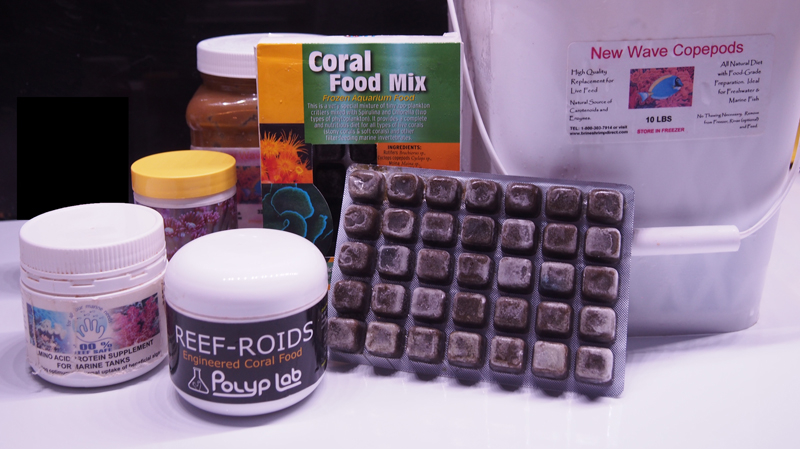
Overfeeding is a common mistake, stemming from the desire to see your fish and coral thrive. While feeding is essential, beginners often feed too much or too frequently. Excess food can lead to poor water quality, increased nutrient levels, and algal blooms. It's essential to understand the dietary needs of your reef inhabitants and provide only what's necessary. Additionally, invest in a quality protein skimmer to help remove excess organic matter from the water.
Poor Quarantine Practices
Newcomers to the hobby often neglect the importance of quarantining new additions to their reef. Introducing fish and corals without proper quarantine can lead to disease outbreaks that devastate your entire tank. A separate quarantine tank, where new arrivals can be observed and treated if necessary, is crucial to ensure the health of your existing inhabitants.
Choosing Incompatible Species
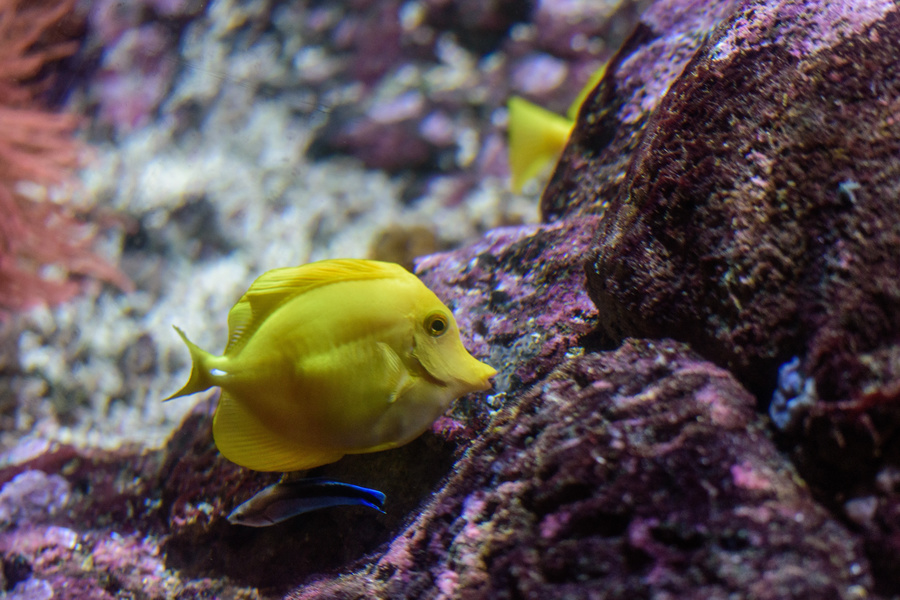
Selecting incompatible species for your reef can lead to territorial disputes, aggression, and poor water quality. Research the compatibility of your chosen fish and corals to prevent conflicts. Some species are known for their aggressive nature and can wreak havoc on more peaceful tankmates. Additionally, consider the compatibility of water parameter requirements, such as temperature and salinity, among your chosen species.
Neglecting Lighting Needs
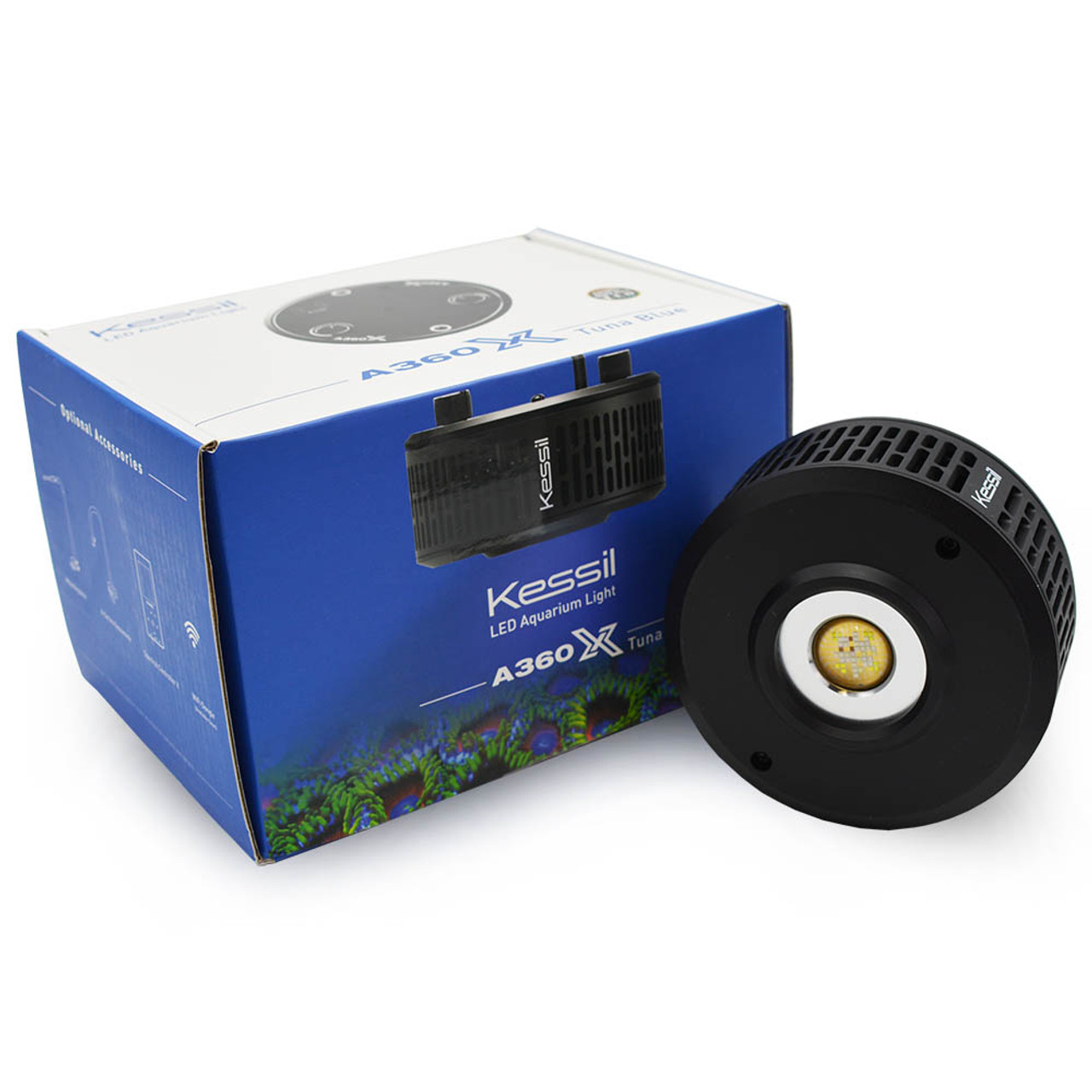
The importance of proper lighting cannot be stressed enough in reef-keeping. Different corals have specific lighting requirements, and failing to meet these needs can lead to their decline. Some beginners either use inadequate lighting or opt for overly intense lighting that can cause stress and bleaching. Research the lighting needs of your corals and invest in a high-quality lighting system that can be adjusted to accommodate different species.
Skipping Regular Maintenance
Maintaining a reef tank can be time-consuming, and some beginners underestimate the commitment involved. Neglecting regular maintenance tasks such as water changes, equipment cleaning, and filter media replacement can lead to deteriorating water quality. It's essential to create a maintenance schedule and stick to it diligently. Regular maintenance will ensure a healthy and thriving reef ecosystem.
Impulse Purchases
Impulse buying is a common pitfall in the reef-keeping hobby. The allure of exotic fish or rare coral specimens can be hard to resist, but adding new inhabitants without planning can disrupt the balance of your tank. It's crucial to research, plan, and budget for new additions to your reef, taking into account the compatibility of the species and the necessary care they require.
Lack of Patience
Perhaps the most significant mistake made by beginners is a lack of patience. Reef-keeping is a slow and steady journey that requires time to establish a balanced ecosystem. Rushing the process can lead to unnecessary stress, livestock losses, and disappointment. It's essential to recognize that success in reef-keeping is a marathon, not a sprint, and to take your time in building a thriving ecosystem.
Reef-keeping is a deeply rewarding hobby that allows enthusiasts to create and maintain stunning underwater worlds. While it can be challenging, especially for beginners, avoiding these common mistakes will increase your chances of success and enjoyment. Remember to conduct thorough research, invest in proper equipment, and stay patient, and you'll be well on your way to becoming a successful reef-keeper. With time, dedication, and a little trial and error, your reef will flourish, and you'll experience the full beauty of this captivating hobby.

